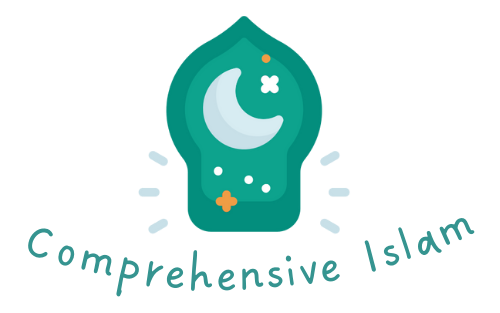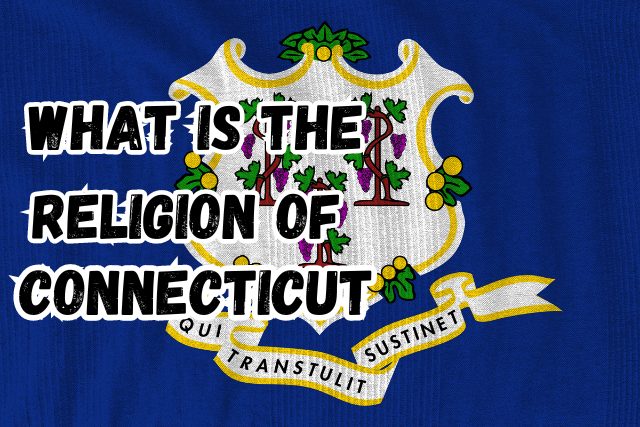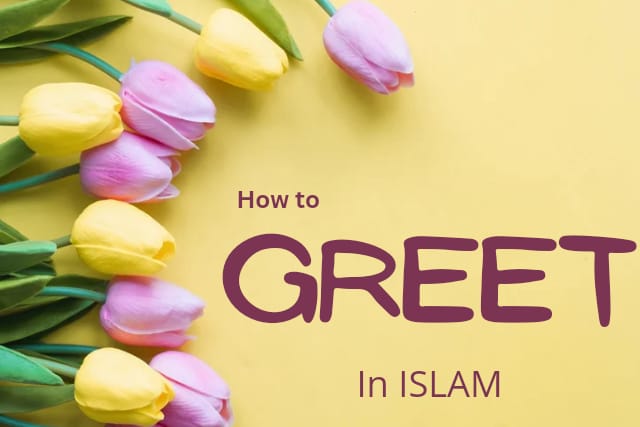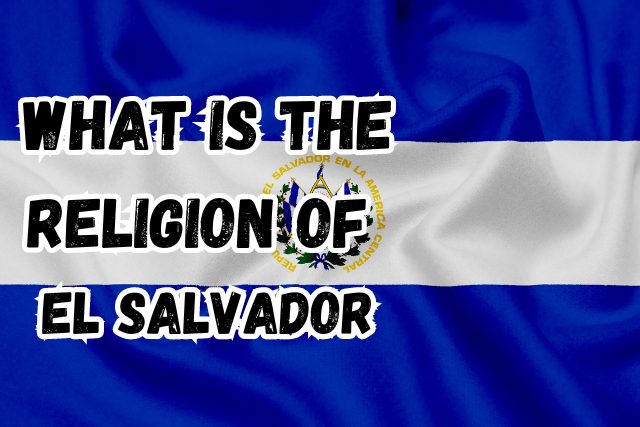What is the Religion of Thailand? Unveiling Thai Faith 2024
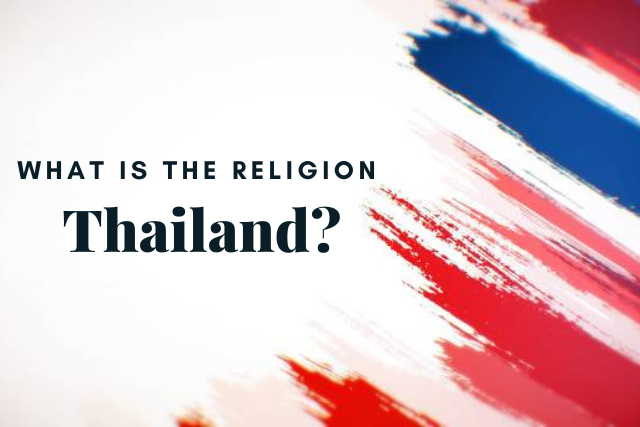
Thailand is a country with a rich culture and interesting traditions. The main religion in Thailand is Buddhism. Buddhism has been a big part of Thai life for a long time. But Thailand is like a mix of different beliefs. People there follow various religions, and this mix has played a role in shaping the country’s character.
In this blog post, I’ll explore the different religions that make up the diverse religious landscape of Thailand.
What is the Religion of Thailand?

Thailand’s main religion is Buddhism, followed by more than 64 million people, which is 92% of the population. Buddhism has been the main faith for over a thousand years. Thailand doesn’t have an official state religion, and the constitution protects freedom of religion.
Islam is another important religion in Thailand, practiced by 5.4 % of the population. About 1.2% of Thais are Christian. Though there are fewer practicing Hindus (less than 1%), their religion, present in Thailand for about 2000 years, strongly influences daily life. Overall, 99% of Thai people are part of or identify with at least one organized faith or religion.
Buddhism In Thailand

Thailand stands out globally with a substantial Buddhist population, with almost 92% of its people following this faith. The nation is affectionately known as “The Land of the Yellow Robes,” a nod to the distinctive yellow robes worn by Buddhist monks.
Theravada Buddhism, tracing its roots back to as early as the 3rd century BC in India, is the oldest form of Buddhism and is predominant among the Thai population. In contrast, Mahayana Buddhism, a more recent iteration dating back to 150 BC, is primarily practiced by Chinese and Vietnamese immigrants in Thailand.
While both branches share the same core teachings, Theravada Buddhism is often regarded as a more traditional and conservative version, adhering closely to the path to Nirvana outlined by the Buddha.
Though both Theravada and Mahayana Buddhism coexist in Thailand, Theravada followers significantly outnumber Mahayana practitioners. The historical arrival of either form of Buddhism in Thailand remains challenging to pinpoint due to a lack of substantial written records.
Theravada Buddhism

Theravada Buddhism made its way to Thailand, formerly known as Siam, during the first or second century BC, brought in through trade routes originating in Sri Lanka. Thai people even refer to Theravada Buddhism as Lankavama, highlighting its geographical roots.
Despite constitutional protection for religious freedom, the monarch of Thailand, one of the last political monarchs in Southeast Asia, is legally obligated to adhere to Theravada Buddhism.
Mahayana Buddhism

Diverging from Theravada Buddhism, Mahayana places less emphasis on academic pursuits and solitary spiritual journeys. According to Mahayana doctrine, the path to Nirvana is a communal experience.
Mahayana Buddhism is more closely associated with Chinese and Vietnamese practices than its Indian origins. Notably, in Thailand, Mahayana Buddhism is predominantly followed by Vietnamese and Chinese immigrants.
Islam In Thailand

About 5.4% of people in Thailand follow Islam, and most of them are Sunni. They’re mostly Malay and live in the southern provinces near Malaysia, which is also mostly Muslim.
Muslim merchants brought Islam to Thailand in the 9th century. Unlike in Indonesia, Kuwait, and Malaysia, where many people quickly converted, in southern Thailand, the Malays slowly started practicing Islam while still holding onto Hinduism and Buddhism. This mix created a unique form of Islam that continues in the region today.
Christianity In Thailand

Christianity came to Thailand in the 16th century through Portuguese traders and missionaries during the Age of Exploration. Dominican priests from Spain and Portugal tried to convert Thais to Christianity, but they didn’t have much success. For a long time, Thailand had one of the smallest Christian populations in Southeast Asia. However, these missionaries played a big role in educating native Thais, especially the elite.
Westerners brought medicine and set up private schools and hospitals. Wealthy Thai families started sending their kids to Europe and later the United States for education.
In recent years, more Protestant Christians have appeared, thanks to increased missionary work, especially in rural areas. Evangelical Christian missionaries have opened hospitals and schools.
Hinduism In Thailand
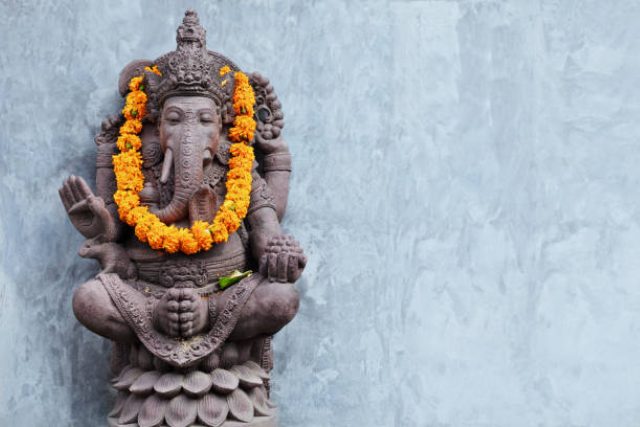
Hinduism has been part of Thailand for a long time, even though only a small number of Thais practice it, thailand hindu population less than 1%. About two thousand years ago, Hinduism came to Thailand, and it has stuck around since then. The Khmer Empire, which used to be nearby for many years, followed Hinduism, and its influence rubbed off on Thailand. That’s why Thai Buddhism has a lot of Hinduism in it.
For instance, Thailand’s national symbol is the Garuda, called Krut in Thai. The Garuda is a mix of a man and a bird and is connected to the Hindu god Vishnu. This shows how Hinduism and Buddhism are closely linked in Thailand.
FAQ
What are the top 3 religions in Thailand?
- Buddhism (92%)
- Islam (5.4%)
- Christianity (1.2%)
Do Buddhists believe in God?
Buddhists don’t adhere to the belief in a deity or god. However, they recognize supernatural entities that can either assist or impede individuals on their journey to enlightenment. Siddhartha Gautama, born on the Nepali side of the current Nepal-India border around the fifth century B.C.E., was a prince.
Does Buddhist eat beef?
Buddhists follow five ethical teachings that guide their way of life. One of these teachings prohibits the taking of any person’s or animal’s life. Many Buddhists interpret this as abstaining from consuming animals since it involves killing. Those who interpret it this way generally adhere to a lacto-vegetarian diet.
Does Buddhist drink alcohol?
In Buddhism, observant followers usually abstain from consuming alcohol (surāmerayamajja, referring to intoxicating fermented beverages). This abstinence is grounded in the violation of the fifth of the Five Precepts, which constitutes the fundamental Buddhist code of ethics.
Is thailand muslim-friendly?
Yes, Thailand generally welcomes Muslim travelers. While Buddhism is the main religion, Muslims have the freedom to practice their faith. You’ll find mosques and halal food options throughout the country.
Summing Up
To sum it up, Thailand has a mix of religions that mirrors its history, culture, and society. Buddhism, along with other religions, blends together to create a unique identity for the country. Exploring Thailand’s temples, mosques, and churches reveals a place where different faiths peacefully come together, shaping the spiritual essence of this captivating Southeast Asian nation. If you’re wondering about the main religion in Thailand, it’s Buddhism.
